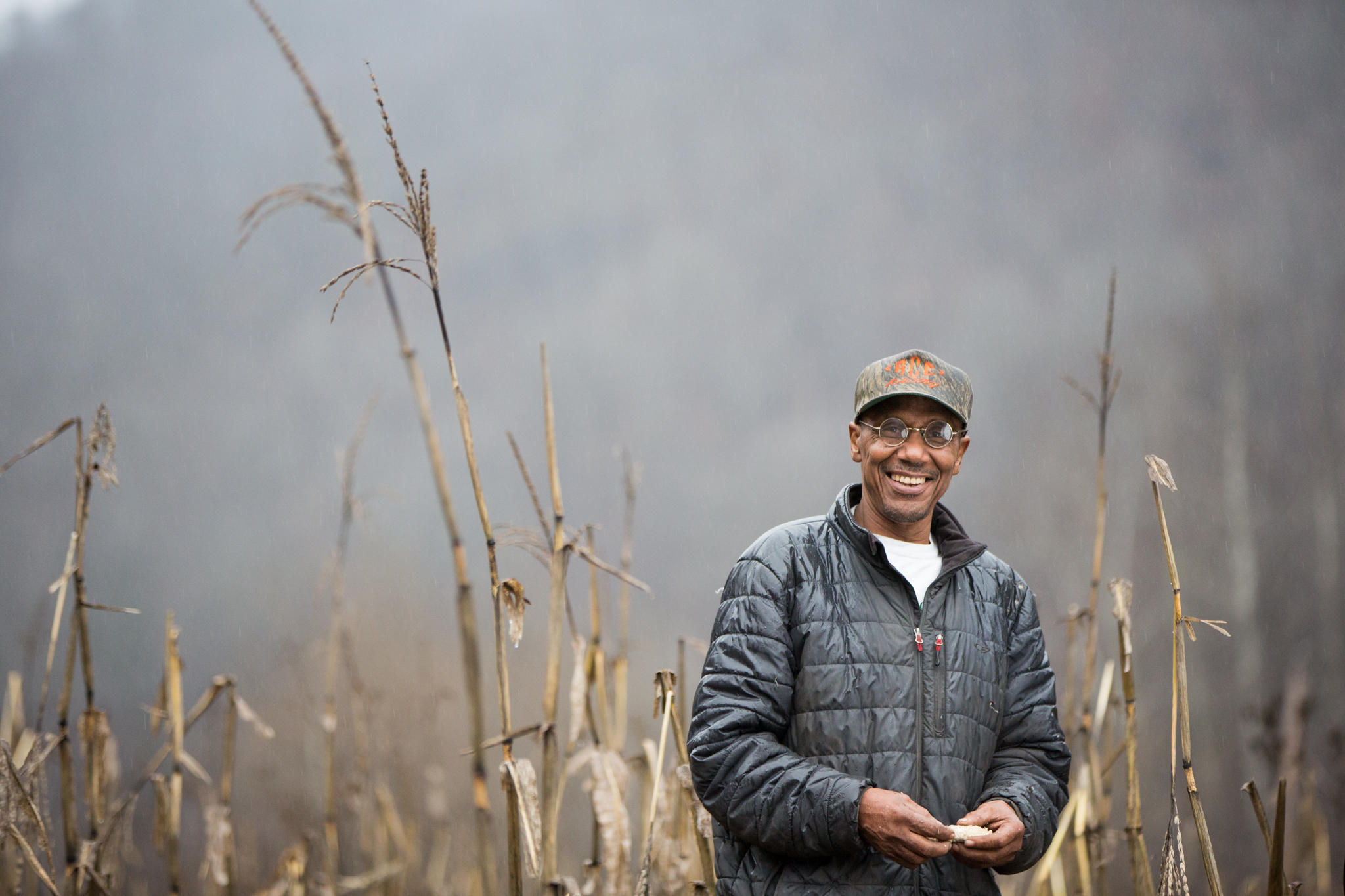Let’s talk about the elephant in the room: being a young conservative in 2017. For starters, my name is Kayla Kuntz, and I am 25 years young. I was born in Pittsburgh, Pennsylvania, and grew up in Latrobe, a small town 40 miles southeast of the city.
While Pennsylvania is known for being a traditionally Democratic state, my county, Westmoreland County, has voted Republican since 1996 — the majority of my lifetime.
The word “conservative” had a bit of a stigma this election. Personally, being a conservative means believing in conservative, Christian values, protecting personal liberties and financial independence. Meaning, saving more money than we invest — either as individuals or businesses.
During the 2016 Presidential election, I was attending graduate school and working at West Virginia University in Morgantown, West Virginia. This was my first election away from my “conservative filter bubble.”
Professionally, I run multiple social media channels for the WVU Reed College of Media, which exposes me to many unique viewpoints from media professionals, alumni, students and friends of the College. While at work, the newsfeed was mostly consumed with posts about Hilary Clinton and how she was a shoe-in to win the presidency.
However, my personal newsfeed told a very different story. Friends, family and colleagues from my hometown were buzzing about Donald Trump as a viable option for President and a voice of the people. As Election Day approached, I had no idea who was going to win because of the vastly opposing viewpoints of my personal and professional social media feeds.
On Election Day, I drove to my hometown, voted in the Westmoreland County election and then came back to West Virginia to watch the election coverage with my friends. We stayed awake until 3 a.m. to see Donald Trump win Pennsylvania and, ultimately, the Presidency.
During and following this election, many people have questioned me about why I’m conservative. For that, I counter with this personal anecdote.
In 2013, my father lost his corporate job of 31 years without notice. It completely shook our family because my father was the breadwinner, I was going to an expensive liberal arts college, and my parents had recently purchased a 20-acre farm. We were terrified about the future.
As an optimistic millennial, I was relieved that a Democrat was in office because I was sure that government programs would help my family, especially since my father had paid into government programs for more than 30 years. Little did we know how difficult it would be to receive unemployment or health insurance from the Affordable Care Act (ACA). In fact, my parents did not receive any government assistance or benefits during this transitional time.
To make matters worse, my parents didn’t have health insurance while my father was unemployed and they were fined for not purchasing coverage under Obamacare.
During this life cycle change, I graduated from college and was accepted into graduate school with an assistantship to help cover my tuition and expenses. While I was over-the-moon for the opportunity to go back to school, I couldn’t help but feel disheartened for my family.
Personally, those two years proved to me that government assistance programs are flawed and — while they may help some families — they do not help everyone. The experience confirmed my conservative values and taught me that if you ever have hardships to rely on your family, friends and those in your community. I would highly recommend donating to local churches, homeless shelters and food banks to help people in need versus relying solely on government programs that may or may not support you.
However, the biggest thing I learned from the 2016 Presidential election is to not put labels on people. We have become insistent on labeling people based on their political parties instead of looking at them as individuals. I would much rather be labeled as a daughter, sister, friend, writer, runner and dog lover over being labeled simply as a conservative. Yes, that is an aspect of my life but that’s not the whole person. I urge anyone reading this to really step away from labeling and to start humanizing others.
I have many friends who voted for Bernie Sanders, Hilary Clinton, Donald Trump and I’m sure some even wrote in Mickey Mouse this year. The point is: we can all co-exist if we see politics as a facet of someone’s personality and focus on what really matters, which is a person’s character.
Kayla Kuntz is a WVU Integrated Marketing Communications graduate student. She currently resides in Morgantown, West Virginia where she is the Communications Graduate Assistant for the WVU Reed College of Media.



